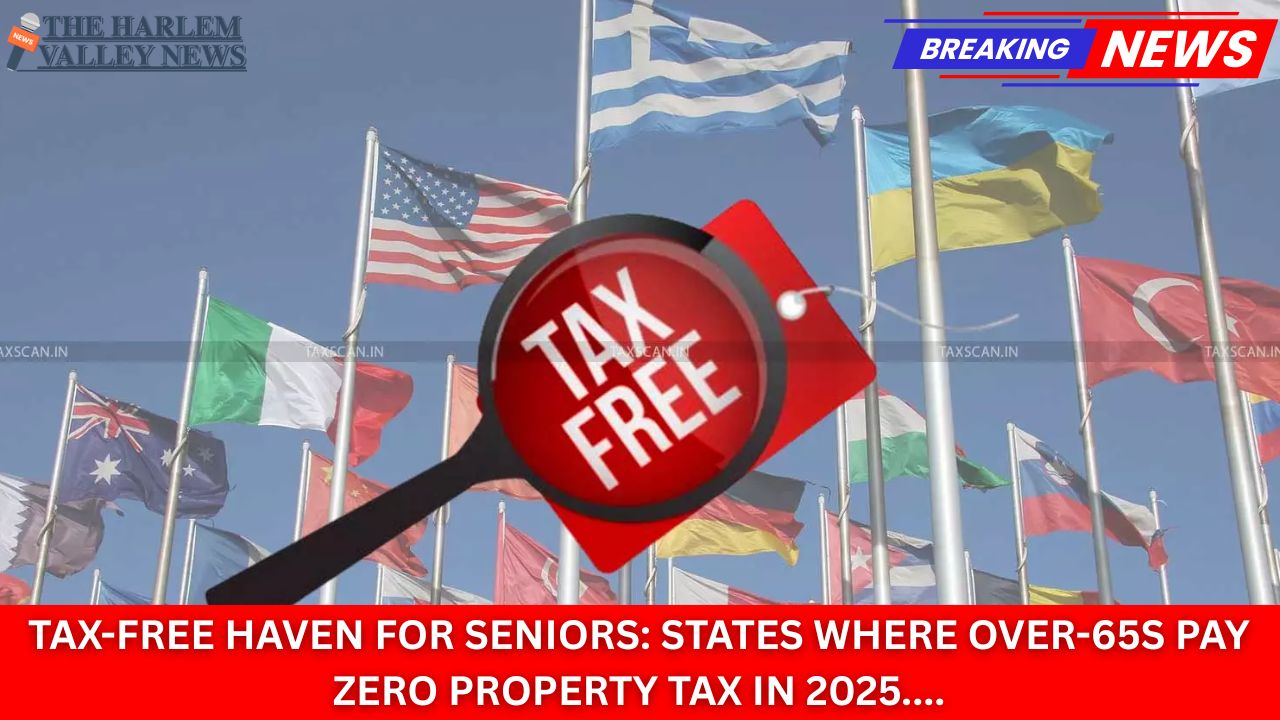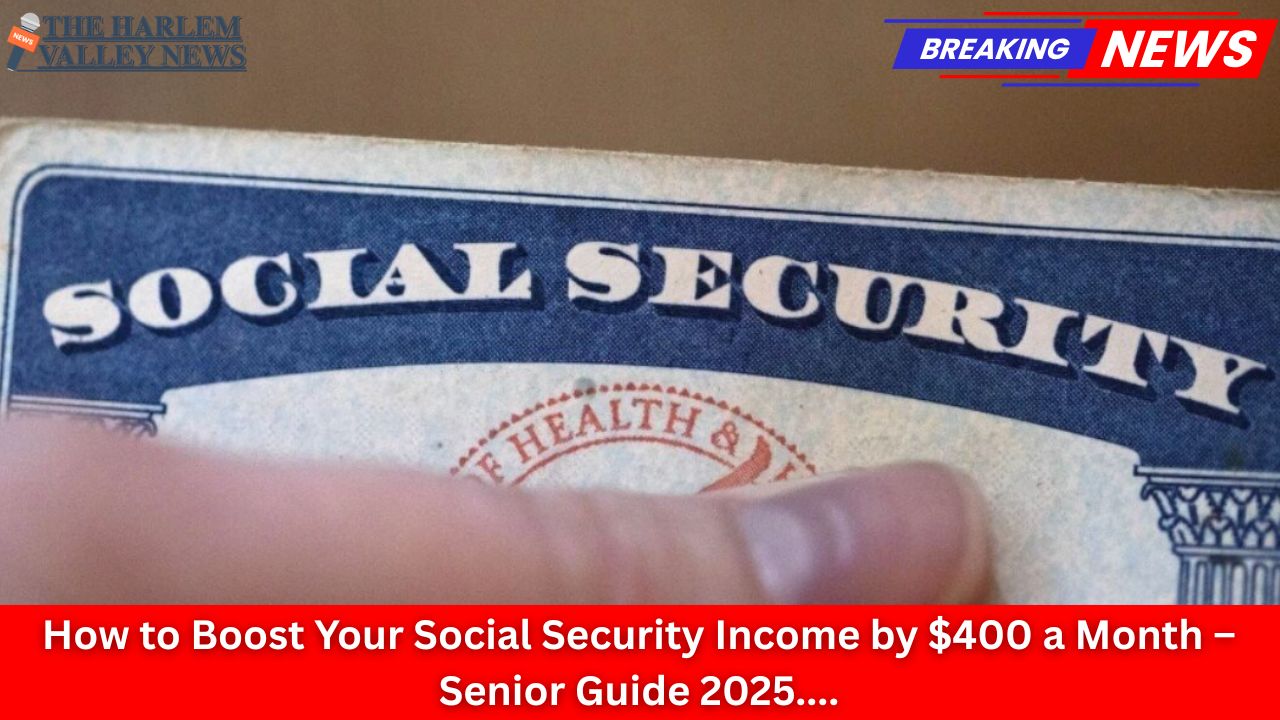Across the United States in 2025, many seniors aged 65 and older benefit from significant relief on their property tax bills, with some states offering full property tax exemptions for qualifying elderly homeowners. This relief is a financial lifeline for seniors who often live on fixed incomes and helps maintain their quality of life by reducing one of the largest annual expenses for homeowners.
Several states have enacted laws that either completely exempt seniors from paying property taxes or offer substantial reductions and freezes on assessed property values, effectively eliminating or drastically reducing the tax owed.
States with Full Zero Property Tax for Seniors
While no state offers a blanket property tax exemption for all seniors regardless of income or property value, a select group of states provide full property tax exemption programs or aggressively freeze property tax assessments for seniors who qualify.
-
Tennessee: One of the most notable states, Tennessee offers seniors a full freeze on their property tax assessment. Homeowners 65 or older can “freeze” the value of their property for tax purposes, meaning their property tax cannot increase as long as they own and live in the home. This effectively results in zero increase—and often little or no property tax owed for years.
-
Louisiana: Seniors in Louisiana enjoy a property tax freeze on their homestead properties from the time they qualify, along with exemptions on a portion of the home’s value. This often translates into seniors paying little to no property taxes.
-
Oklahoma: Similar to Tennessee and Louisiana, Oklahoma freezes the fair cash value of a homestead for seniors age 65 and older who meet income requirements, effectively preventing any increase in property taxes.
These states, among others with thoughtful tax freeze policies or full exemptions, represent some of the rare places where seniors can pay zero or near-zero property taxes for their primary residences.
Other States Offering Significant Exemptions or Reductions
States such as New York, Florida, South Carolina, Colorado, and Texas provide generous exemptions or deductions that markedly reduce property tax bills for older homeowners:
-
New York exempts up to 50% of the assessed value of a senior’s primary residence from property taxes.
-
Florida offers exemptions up to $50,000 for seniors.
-
South Carolina exempts the first $50,000 in fair market value.
-
Colorado exempts 50% of the first $200,000 in assessed value for seniors.
-
Texas mandates school districts offer an additional $10,000 homestead exemption for seniors, with some local taxing units adding more.
How to Qualify
Most states require seniors to meet the age threshold of 65 or older and have income restrictions to qualify for exemptions or freezes. Typically, homeowners must occupy the property as their primary residence and apply through local county or city tax assessors to receive these benefits.
Why This Matters
With living costs rising, especially for seniors on fixed incomes, these property tax benefits significantly ease financial burdens and allow elderly homeowners to age in place. Eliminating or reducing property taxes helps preserve savings, covers medical or daily living expenses, and provides peace of mind.
Final Takeaway
In 2025, senior homeowners in states like Tennessee, Louisiana, and Oklahoma enjoy the rare and valuable benefit of paying zero property tax through assessment freezes and exemptions. Others in states with significant property tax deductions also see substantial savings. For seniors preparing for retirement or looking to relocate, choosing these tax-friendly states can make a profound difference in maintaining financial security and quality of life.
If you are over 65 and own a home, it is worth investigating your state and local tax laws to see if you qualify for any property tax relief programs to maximize your savings in the coming year.















Leave a Reply